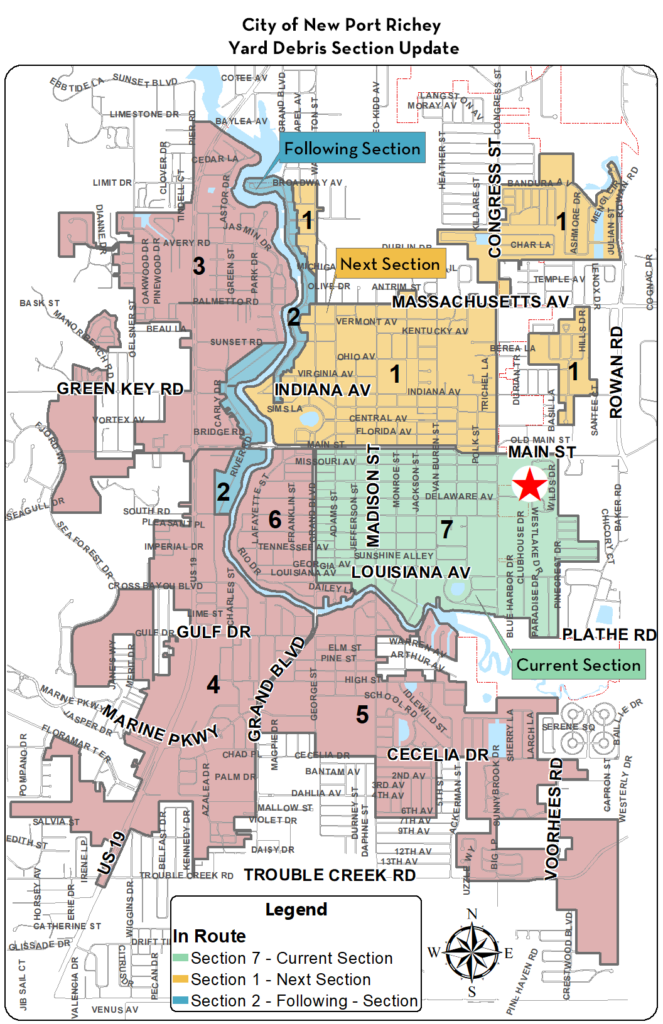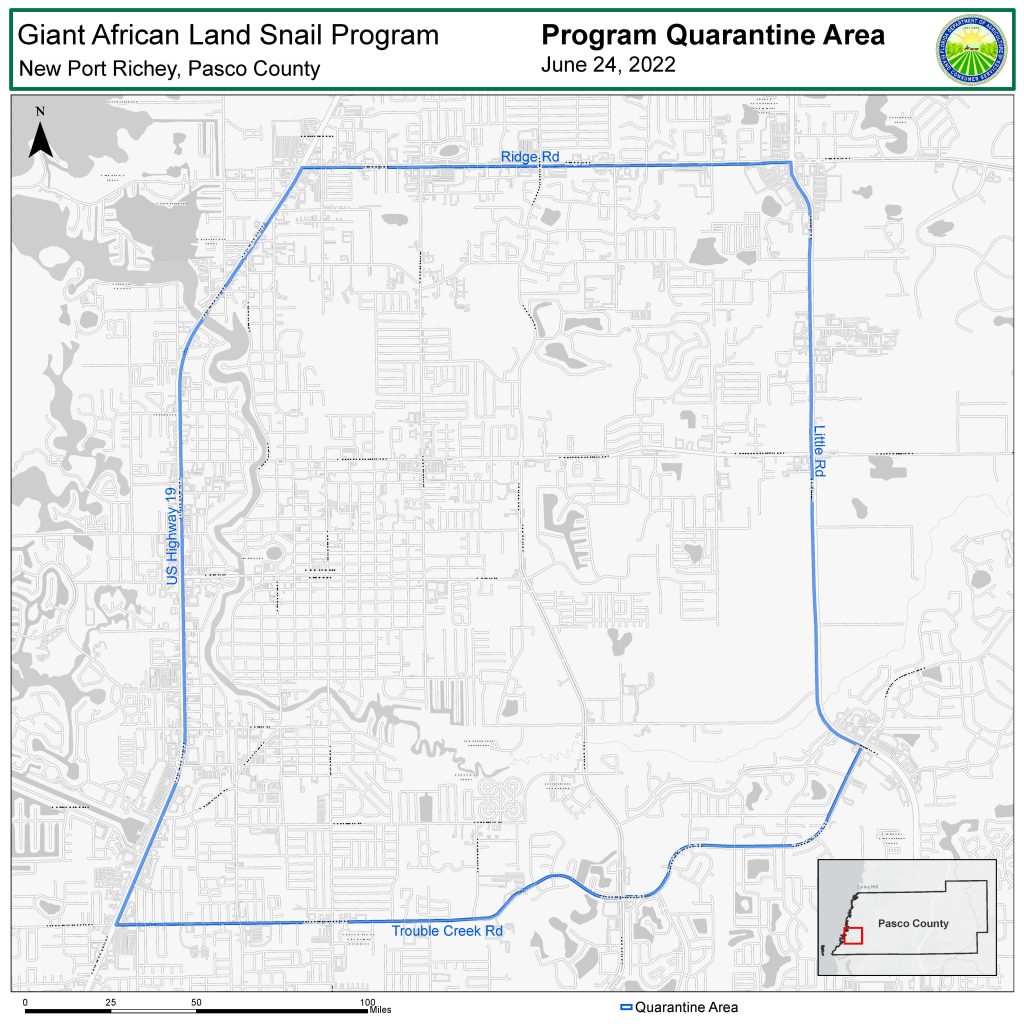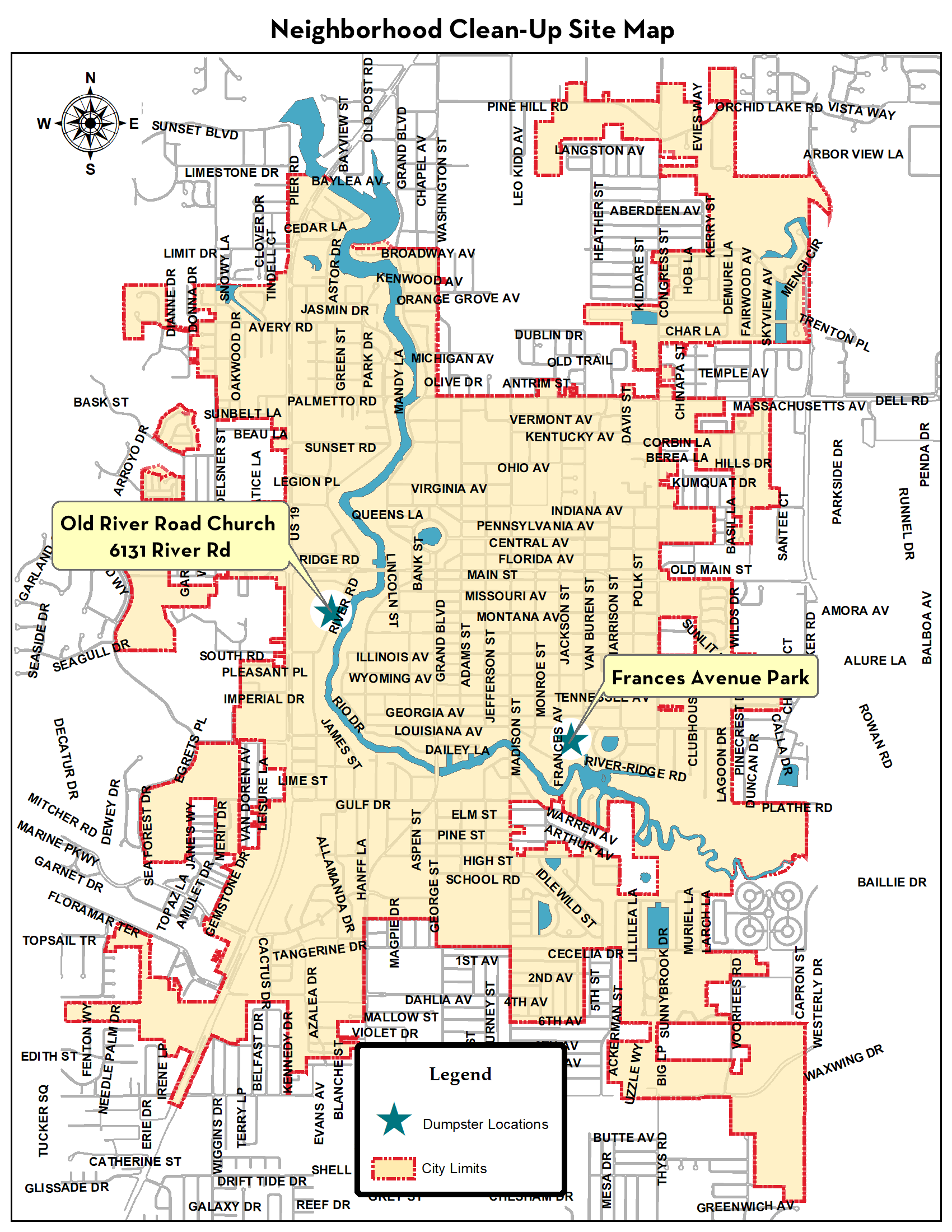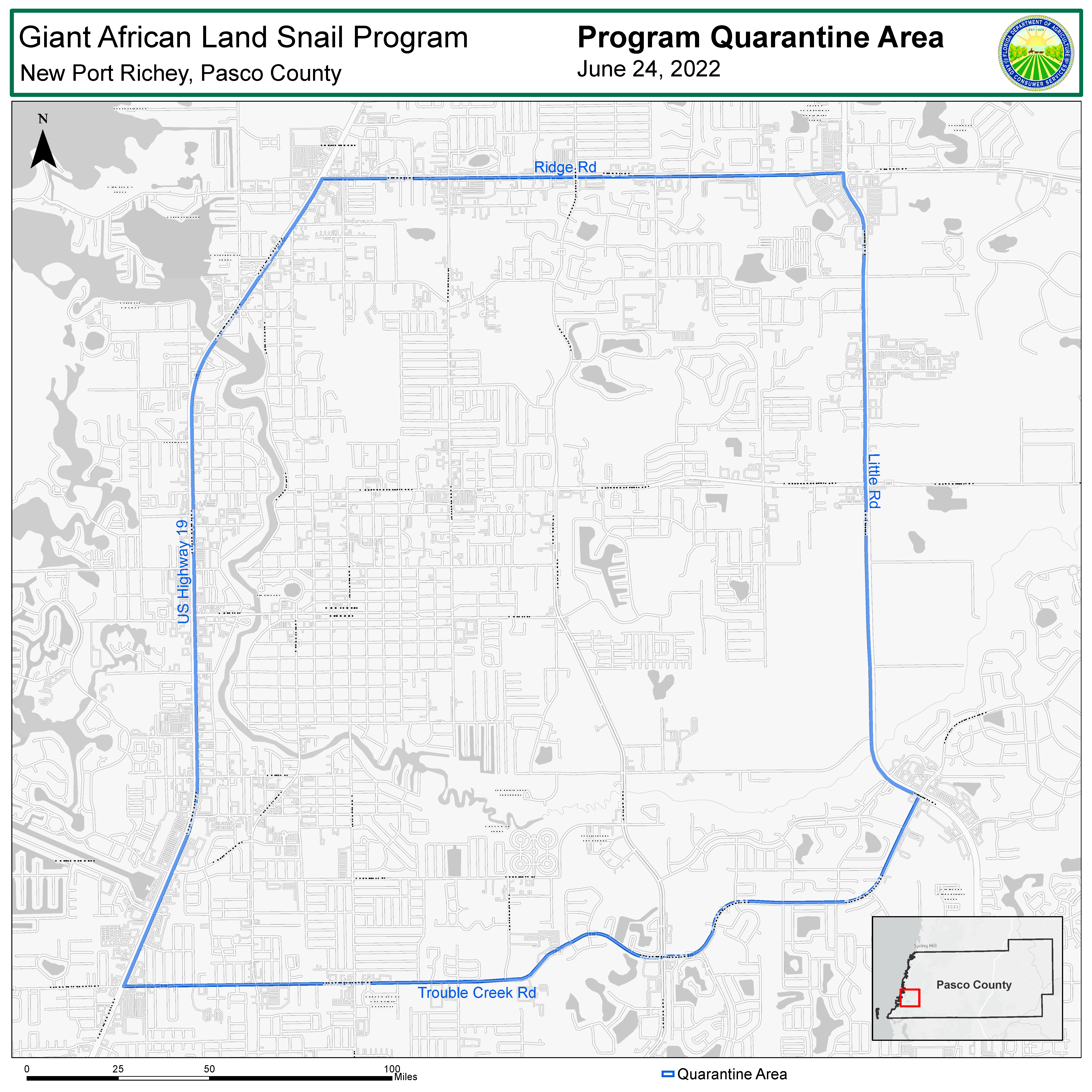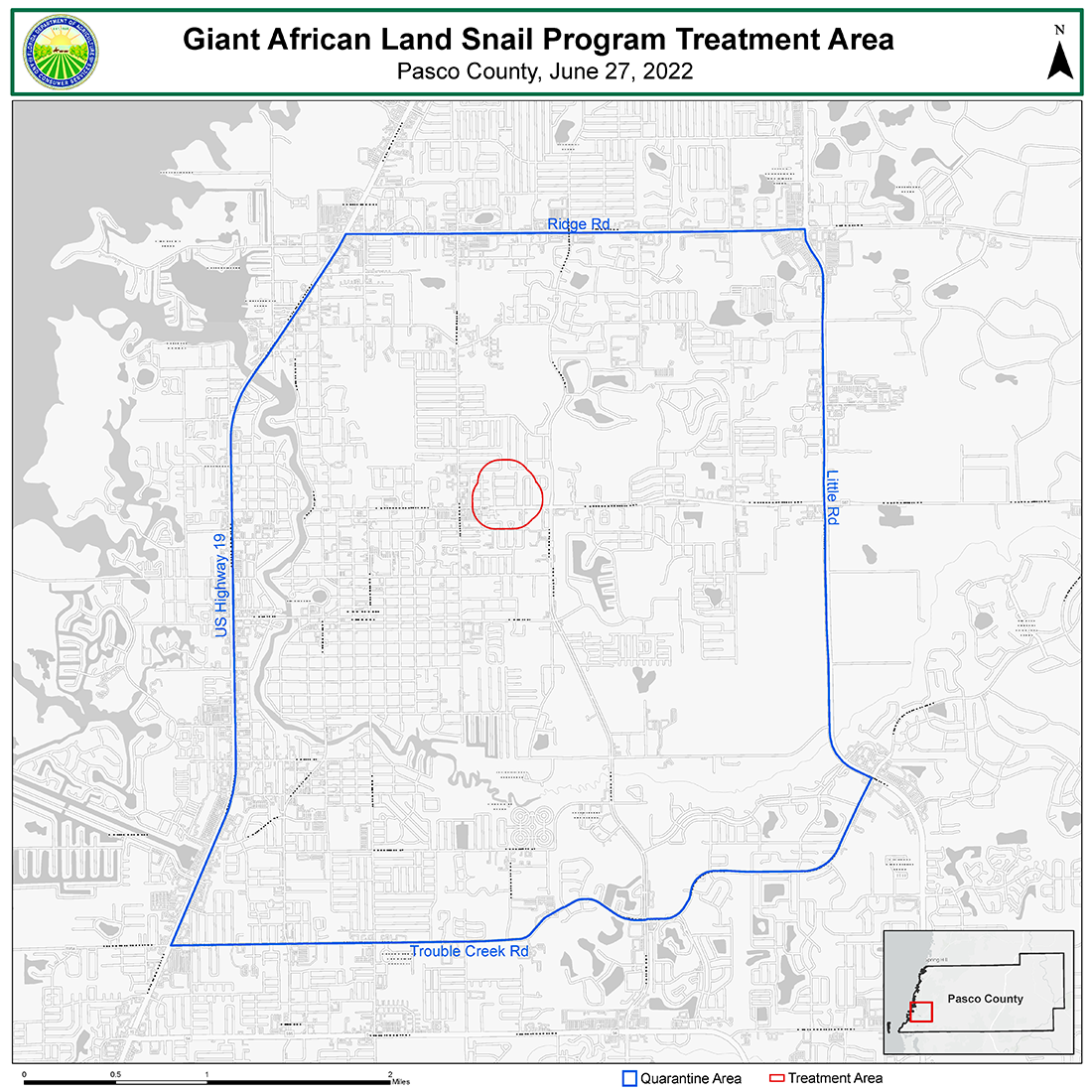Yard Debris Schedule
About the Yard Debris Program:
The City of New Port Richey's free debris removal program makes it easy for residents to dispose of yard debris. The program is designed for typical property maintenance by homeowners and residents within the City, not for land clearing or grubbing.
The Streets Division follows a specific route to pick up yard debris within the City. The entire City is cleared over the course of 6-8 weeks (weather permitting). You may use this to estimate when they will return to your area. In order to maintain the 6-8 week timeframe, crews must continue on their regularly scheduled route, therefore we do not do special pickups. Longer timeframes are subject to emergencies, work load, & special events.
Should you have excessive trimming to conduct or do not want your pile to sit long, please call the Public Works Department to get a closer time frame and to schedule your trimming when we will be in your area.
Program Guidelines:
- Place debris on the right-of-way closest to the street, or in the alley
- Debris should not interfere with any sidewalks, residential property, stormwater drainage, or vehicular traffic, and must be kept away from telephone poles and low hanging wires
- Do not tie, bag, or mix debris with anything other than yard debris
- Debris must be cut into length of less than six (6) feet
- Tree trunks may not be greater than eight (8) inches in diameter
For full details regarding the City's Yard Debris Ordinance click here.
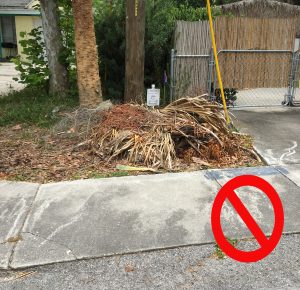
Red-Tagged Debris:
Red-Tagged Debris:
Debris that cannot be collected will be red-tagged to advise why it has not been picked up. Once the issue has been corrected, debris will be removed on the next pick-up.
Common red-tagged issues include:
- Too close to fence/fire hydrant/pole/guide wire
- Debris other than yard debris (newspaper, carpet, appliances, plastic bags)
- On top of utility box
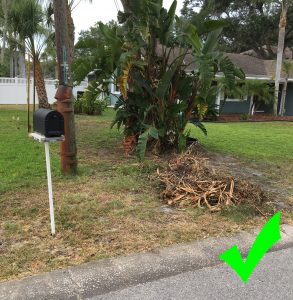
Free Compost Program
Compost Program Overview:
Recycled compost is free to citizens of the west Pasco area located at our pick-up site on Pine Hill Road (across from the City Fleet Division at 6420 Pine Hill Road).
The City will deliver complimentary compost to properties in New Port Richey, Port Richey, and Holiday. The size of the mulch load varies from 3-14 yards and is based on the location. Delivery orders are available by request and are completed when staffing is available.
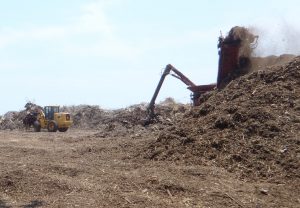
The City requests you have the following information when placing your delivery order:
- Contact name and best available contact phone number
- Address of property
- The section of your property where compost is to be placed
Compost is available for anyone to pick up. If you choose to pick up the compost on your own, please make sure to bring a shovel. If City staff is available, they will assist you with equipment and loading the bed of your pickup truck.
How it Works:
Yard debris is disposed of at city-owned-and-operated mulching facilities where it is ground up and piled into 15-20 foot rows. The mounds are turned weekly and sprayed with water to encourage decomposition. The internal heat generated during this process will eliminate any remaining weed seeds.
The final product is transported to the pick-up site on Pine Hill Road across from the City Fleet Division.
Current Limitations due to Giant African Land Snail
A quarantine is in place starting at the northwest corner of U.S. Highway 19 and Ridge Road. Proceed east on Ridge Road, south on Little Road, west on Trouble Creek Road, north on U.S. Highway 19 (see map below).
Due to the Giant African Land Snail deliveries are only able to be made within the quarantined area. It is unlawful to move the giant African land snail or a regulated article, including, but not limited to, plants, plants parts, plants in soil, soil, yard waste, debris, compost or building materials, within, through or from a quarantine area.
Regrettably, the presence of Giant African Land Snails was confirmed in July 2024, necessitating the restart of the three-year quarantine period.

